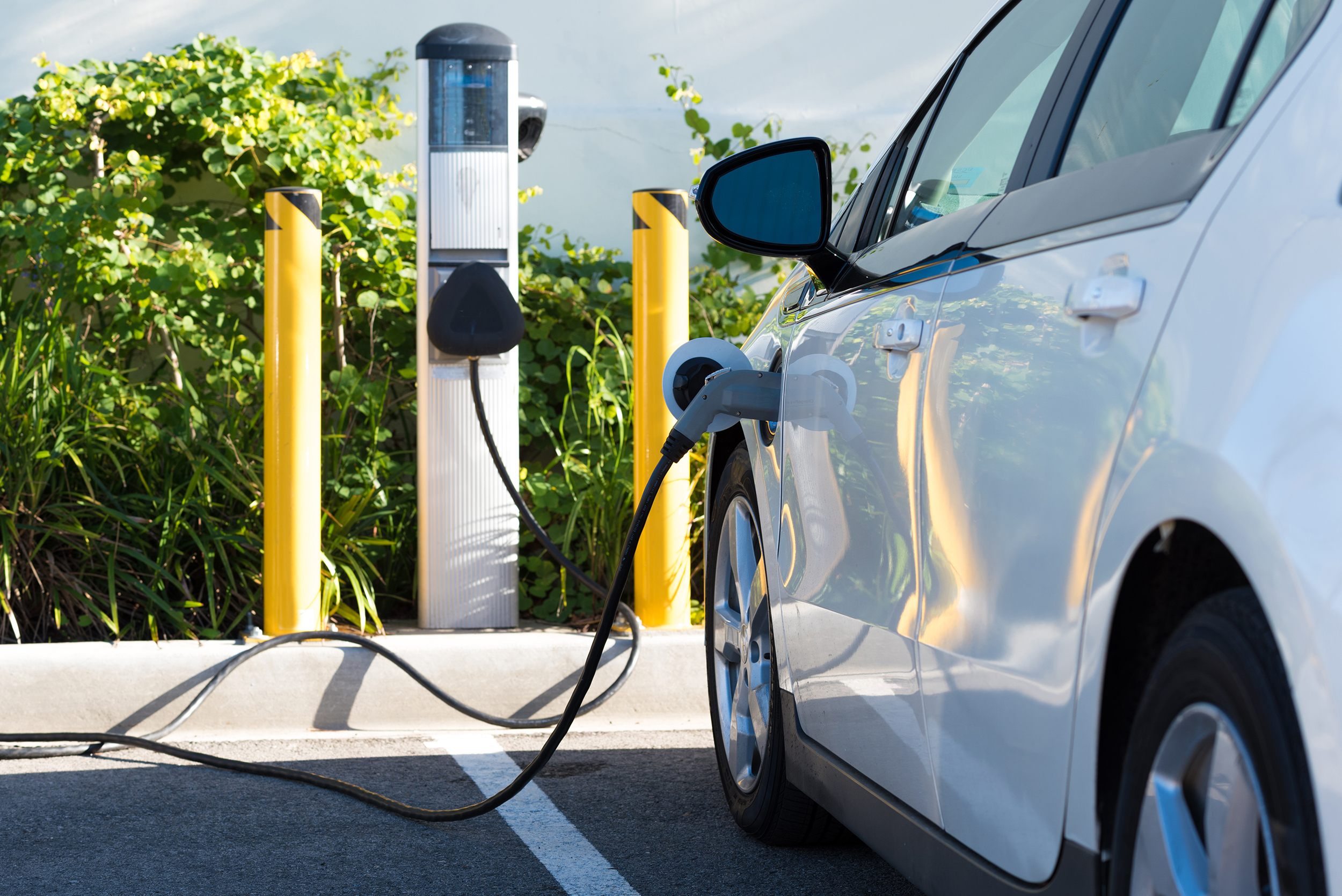Ministers push ahead with ZEV mandate
Car makers will have to sell a growing proportion of battery-powered vehicles each year under new targets imposed by government.
Having consulted earlier this year on the introduction of the Zero Emission Vehicle (ZEV) Mandate ministers have confirmed it will begin next year.
In 2024, 22% of all cars sold be each of the big auto manufacturers must be zero emission, with the proportion rising to 80% in 2030.
In 2035, all new car sales must be zero emission.
Last week the government announced that the ban on the sale of new petrol and diesel cars had been moved from 2030 to 2035.
According to the Department for Transport (DfT) there will be a trading scheme which enables manufacturers “to bank compliance in years when they exceed annual targets for use in future years or trade them with other manufacturers that have fallen short. In the first year car manufacturers can borrow for up to 75% of their annual target, falling to 25% in 2026, to support them in the early stages.”
Steve Gooding, director of the RAC Foundation, said:
“While car makers will be working through the small-print that allows for trading of credits between companies the headline trajectory, year-by-year, is now clear.
“However, it’s one thing to tell the auto companies the proportion of car sales that must be zero-emission, it’s quite another persuading drivers that they should buy them.
“The task for the auto sector now becomes one of convincing motorists in rapidly increasing numbers to make the switch to electric motoring, and to do so on the basis of ramping up the supply of affordable battery electric options.
“The Government can’t dodge its own responsibilities for addressing motorists’ concerns about going electric, rooted in the need for a comprehensive, user-friendly and reliable public charging network, backed up by consumer protection regulations with real teeth.
“This announcement confirms which way the wind is blowing – whilst the outright ban on the sale of new petrol and diesel cars may have been pushed back five years in practice by 2030 new fossil fuelled cars will have all but disappeared from showrooms.”
According to the DfT “regulation will also apply to non-ZEVs to ensure that their emissions do not get any worse. On a manufacturer-by-manufacturer basis, non-ZEV CO2 emissions will be baselined according to 2021 emissions, using the higher value of either the manufacturer’s non-ZEV CO2 average, or their whole fleet CO2 target.
“This target will then apply to manufacturer’s non-ZEVs until at least 2030.
“In line with the Climate Change Act, this will also be a market-based mechanism, allowing manufacturers to trade allowances as necessary.”
The DfT added that it was removing a “previous requirement for all non-ZEV vehicles to have a ‘significant zero emission capability’… This is to give manufacturers and consumers more choice on how they reduce emissions. It reflects the latest research on the emissions performance of different technologies and the real world rates of charging of PHEVs.”
Philip Gomm – Head of External Communications – RAC Foundation
[email protected] | 07711 776448
Notes to editors:
The RAC Foundation is a transport policy and research organisation that explores the economic, mobility, safety and environmental issues relating to roads and their users.
The Foundation publishes independent and authoritative research with which it promotes informed debate and advocates policy in the interest of the responsible motorist. All the Foundation’s work is available at: www.racfoundation.org


